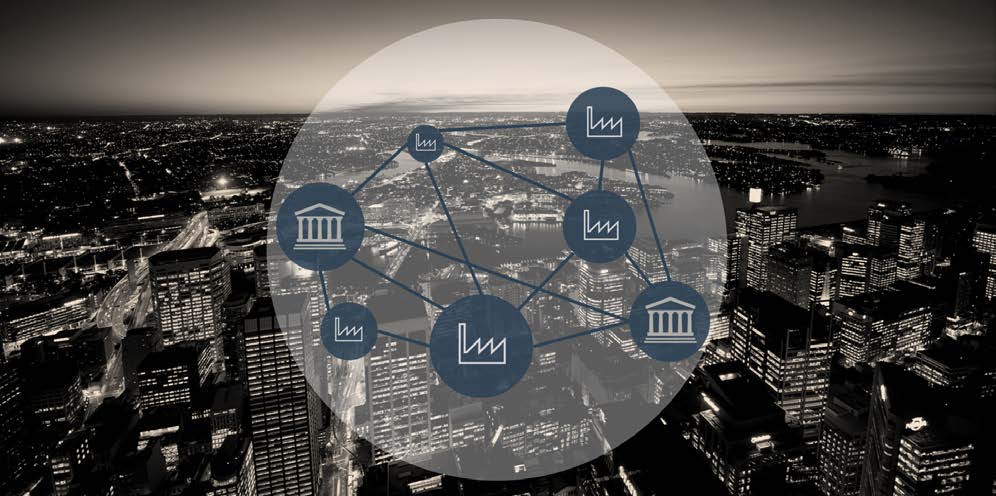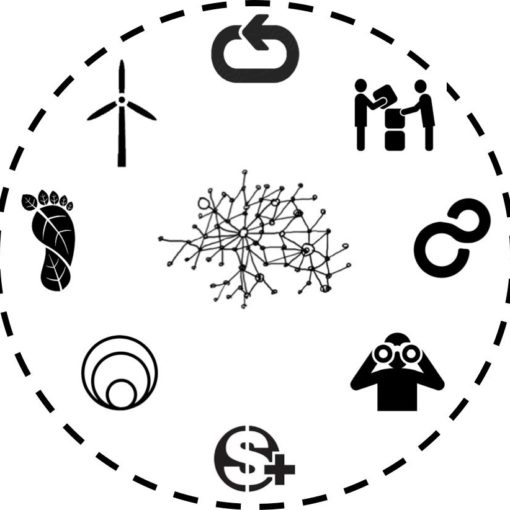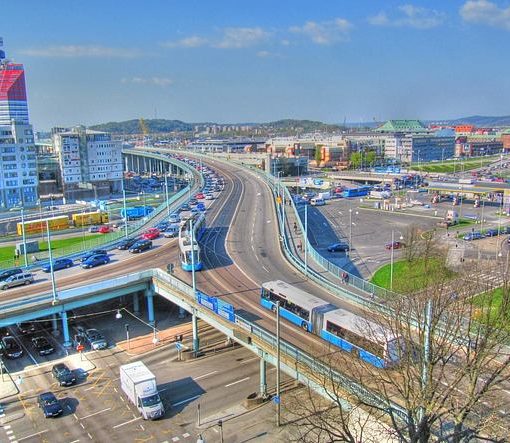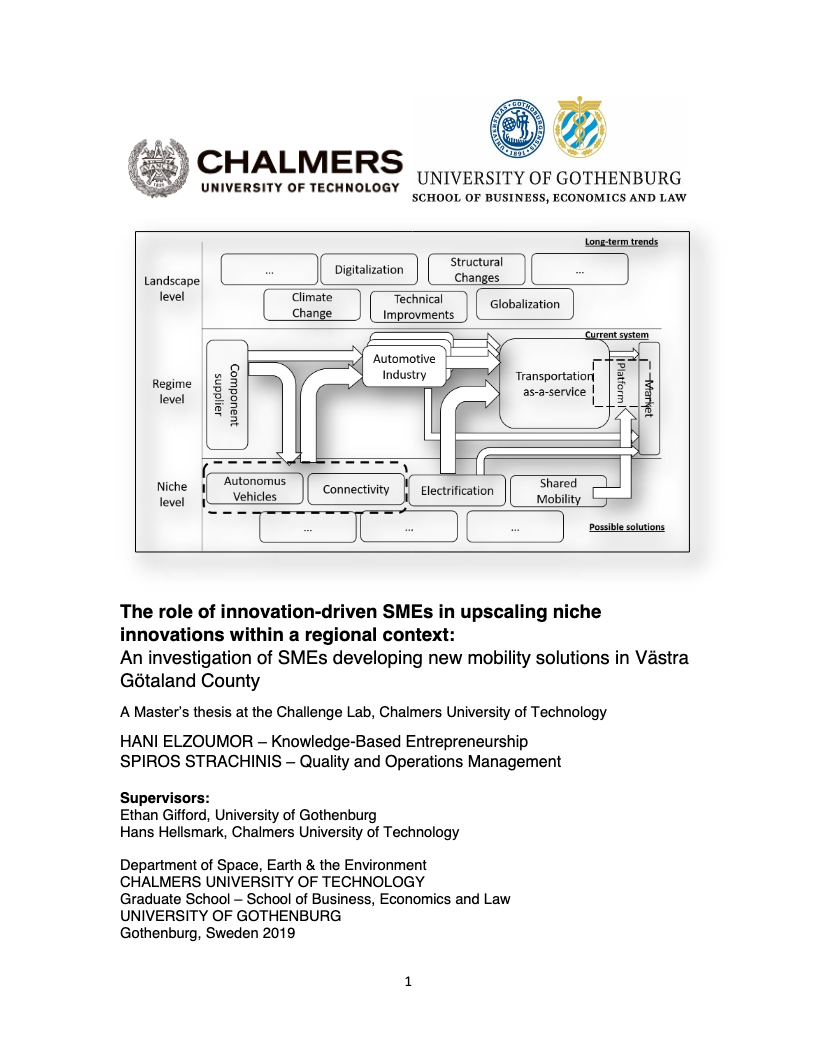This thesis includes two phases. The Phase I is about the Challenge Lab process, which is applied to identify a research topic as a leverage point for moving towards sustainable urban development. Since overcoming sustainability challenges needs interorganizational collaboration and user involvement, the Phase II focuses on these issues.
In the Phase II, HSB Living Lab was selected as a case study for investigating collaboration in the living lab context. In order to effectively manage the collaboration, a structural process, which could be influenced by interests of partners, is needed. Moreover, a shared understanding of the context is important for collective actions. Therefore, the aims of the thesis are to investigate why the partners are collaborating in the HSB living lab project (considering both organizational and interorganizational level) and how they understand the living lab approach as an open innovation collaboration setting. As the main research method, semi-structured interviews were conducted with representatives of the partner organizations in the HSB Living Lab. Based on the findings, firstly, it can be concluded that each partner concerns itself with fulfillment of self-interests as a reason for collaborating. Nevertheless, partners share their self-interests in three areas: brand awareness, relationship with partners, and access to external knowledge for learning. In the level of interorganizational domain, the sustainability issue has high potential to be considered as the problem that has gathered all them together, but it is not well formulated. Furthermore, the common goal of collaboration is not clarified. Secondly, the partners have a basic shared understanding of living lab as a platform for testing solutions, and getting ideas from partners and users. However, the processes of working with partners and involving users are not clear for them. Finally, the importance of acknowledging self-interests, identifying common problem, and clarifying collective goals should not be underestimated since these issues can influence on structuring the processes in the living lab. Meanwhile, structuring the processes could enable partners to have a better understanding of the collaboration context.
© PANUWAT CHAYABUNJONGLERD and SAEID TORKABADI, 2015
Full report available here.





